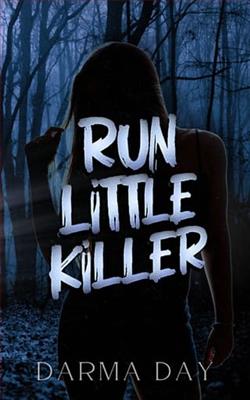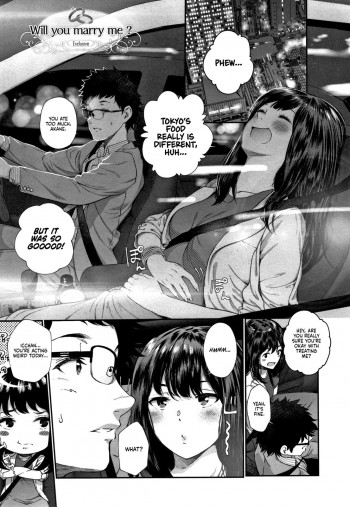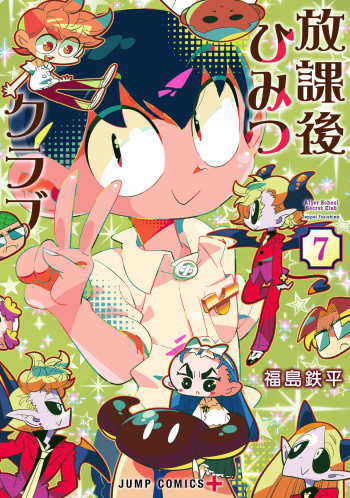
Run Little Killer
by Darma Day
Justice failed me, karma turned a blind eye, and they locked me away in hopes to silence me.
They called it a psychotic break. Briarwood Asylum was supposed to rehabilitate me, but the joke’s on them– I escaped.
Unhinged, unstable, and on the loose.
I ran with blood on my hands and no real plan, but I guess fortune favors the bold, because two rugged bikers stopped and offered me a ride. The girl I was before never would’ve climbed on the back of a broody guy’s motorcycle, but now? I’ve already been stripped of my dignity and painted as crazy, so what’s left to lose?
It was all supposed to be a means to an end– a few nights, a shared motel bed, and a free ride back to Englewood. Then another body drops, and my sexy road trip companions suddenly become my accomplices.
But who’s the real villain in this story, the monster I’ve become or the monsters that made me what I am?
This ride doesn’t end until I get the justice I deserve. They claimed I was a snake in the grass, so I’ll show them just how deadly I can be when I strike back.
.
Read
Run Little Killer on http://kissnovel.net
Martial Peak Reviews
Darma Day's Run Little Killer is a gripping psychological thriller that delves into the dark recesses of the human psyche, exploring themes of justice, identity, and revenge. The novel's protagonist, whose journey from victim to avenger is both harrowing and empowering, offers readers a complex narrative that challenges conventional notions of morality and sanity.
The story begins with a powerful premise: the protagonist has been wronged by a system that failed to deliver justice. Locked away in Briarwood Asylum, she is labeled as having suffered a psychotic break, a diagnosis that serves more as a societal dismissal than a genuine attempt at understanding her trauma. Her escape from the asylum sets the stage for a thrilling narrative that is as much about self-discovery as it is about vengeance.
**Character development** is one of the novel's strongest elements. The protagonist's transformation from a victim into a self-proclaimed avenger is depicted with nuance and depth. Her internal struggle is palpable, as she grapples with the duality of her nature—part victim, part predator. This duality is mirrored in her interactions with the two bikers who become her unlikely companions. These characters are not mere sidekicks; they are integral to the protagonist's journey, each representing different facets of her fractured psyche.
The bikers themselves are well-crafted characters, each with their own backstories and motivations. Their rugged exterior belies a complexity that adds layers to the narrative. The dynamic between the protagonist and these characters is charged with tension and intrigue, creating a compelling interplay that keeps readers engaged. The novel deftly explores themes of trust and betrayal, as alliances shift and the true nature of each character is gradually revealed.
**Themes** of justice and revenge are central to the narrative. The protagonist's quest for justice is not just personal; it is a commentary on the broader societal failures that allow monsters to thrive while victims are silenced. The novel raises important questions about the nature of justice and the lengths one might go to achieve it. Is revenge a form of justice, or does it merely perpetuate a cycle of violence? Day does not offer easy answers, instead inviting readers to grapple with these moral ambiguities alongside the protagonist.
The novel's pacing is relentless, mirroring the protagonist's own frenetic quest for retribution. The road trip element adds a sense of urgency and movement, as the characters traverse both physical and emotional landscapes. The settings are vividly described, from the claustrophobic confines of the asylum to the open road, each location reflecting the protagonist's shifting mental state.
Day's writing is both evocative and visceral, capturing the raw emotions of her characters with precision. The dialogue is sharp and often laced with dark humor, providing moments of levity amidst the tension. The narrative is punctuated by moments of introspection, allowing readers to delve deeper into the protagonist's psyche and understand the motivations driving her actions.
In comparison to other works in the genre, Run Little Killer stands out for its focus on character psychology and moral complexity. Fans of Gillian Flynn's Gone Girl or Paula Hawkins' The Girl on the Train will find similar themes of unreliable narrators and twisted motivations. However, Day's novel carves its own niche with its unique blend of psychological depth and action-packed narrative.
The novel's conclusion is both satisfying and thought-provoking, leaving readers to ponder the true nature of justice and the cost of vengeance. The protagonist's journey is one of empowerment, but it is also a cautionary tale about the dangers of allowing one's identity to be consumed by a quest for retribution.
Overall, Run Little Killer is a compelling read that will appeal to fans of psychological thrillers and character-driven narratives. Darma Day has crafted a story that is as much about the darkness within us as it is about the external forces that shape our destinies. It is a novel that lingers in the mind long after the final page is turned, challenging readers to confront their own perceptions of justice and morality.























Reviews 0
Post a Reviews: